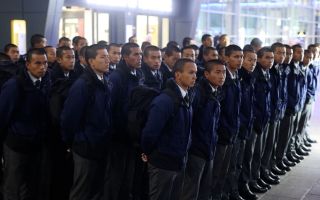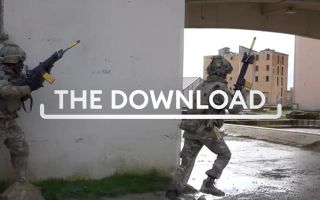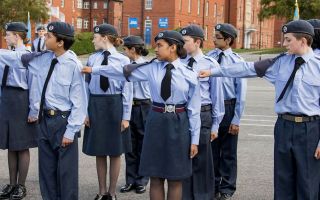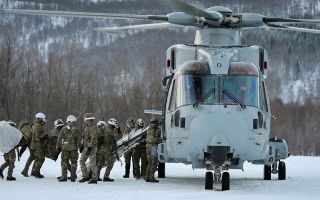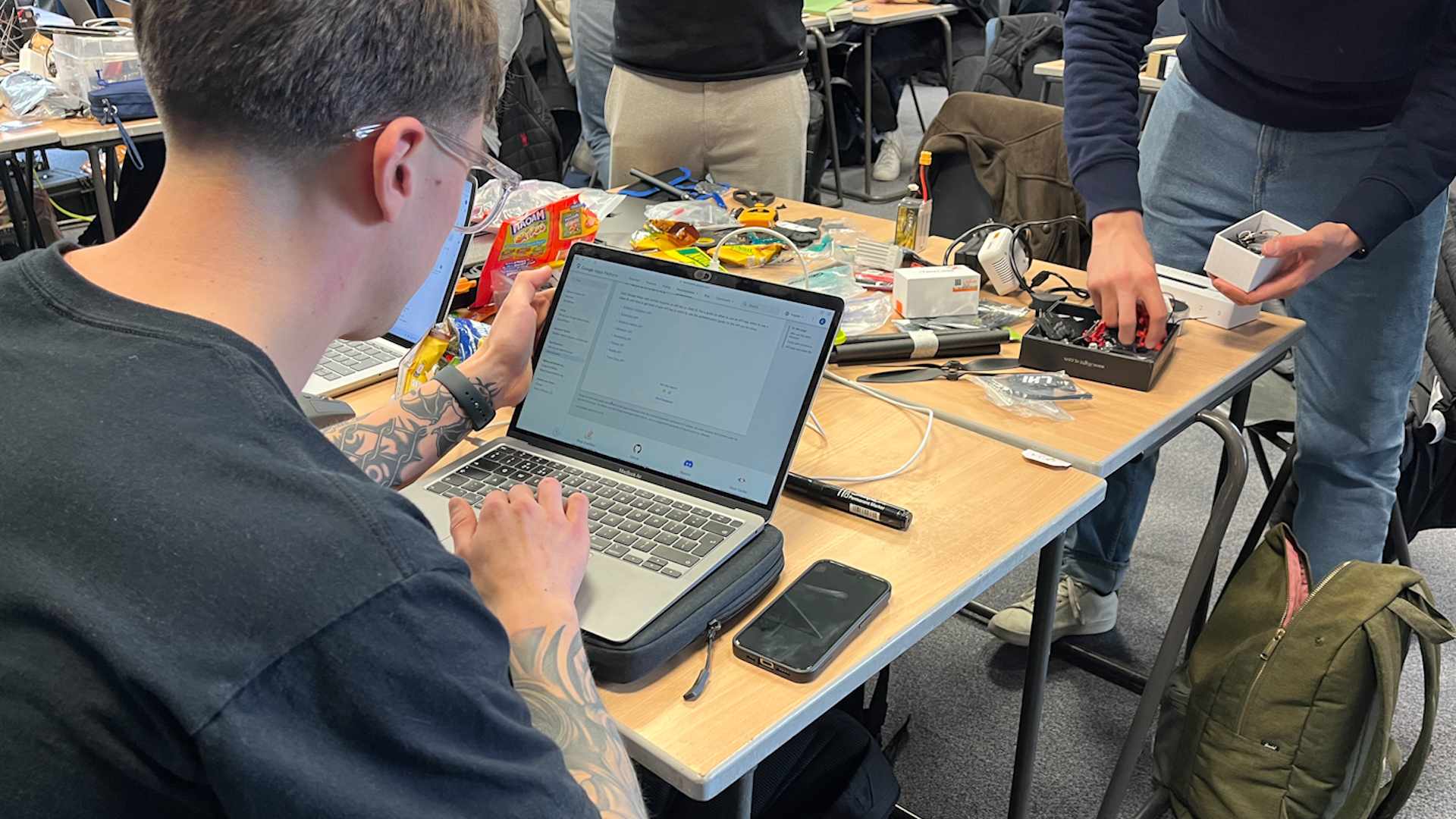
London Hackathon problem-solving extravaganza tackles Ukraine's frontline conundrums

Cracking a defence problem usually takes a while and getting everyone required to solve it in one room rarely happens.
Operators are required to highlight the problem, individuals to build a solution, and investors and military leadership to get it over the line - and this can all take time.
But Ukraine does not have time to waste, so a two-day, through-the-night, problem-solving extravaganza has marked a change.
Teaming up civilian strangers to crack some of Ukraine's most pressing dilemmas in its fight with Russia, the London Defence Tech Hackathon also welcomed venture capitalists and uniformed figures from Ukraine and allied militaries.
Drones were a key theme throughout the tasks set to each table of hackers – how to spot them, methods to counter them, and how to counter those methods.
"We've sourced problems that are direct from Ukraine," said event organiser Richard Pass.
He adds that "counter-UAS (unmanned aircraft systems), jamming, emissions tracking" are all key areas for battle-winning development – with hackers able to show they are working to frontline Ukrainian drone and electronic warfare operators through a two-hour video call to "get feedback on their ideas".
"The winning team came up with a First Person View drone emissions tracking system, something that soldiers on the frontline in Ukraine are very keen to receive."
"We wanted to start... mobilising that huge talent that exists within our own ecosystem," Mr Pass added, describing hackers who had "never worked on defence problems before".
Dimitrios Kottas, co-organiser and founder of Lambda Automata, described the "two-sided knife" of the demand for small, low-cost autonomous solutions, but also how to counter them.
Conor Walker, one civilian hacker looking to crack autonomous anti-drone interception, served with the Parachute Regiment and completed a cyber security module during his time in the Army.
"It's a real-world application. This is actually going to affect people," he said, adding that "trying to take out drones at a low-level cost will help not only Ukraine, but Nato".
The data scientist was part of a multi-national team whose members only met hours before setting about their challenge.
It is thought bringing these people together could provide progress leaps for defence and industry at a fraction of the price and time when compared to going through consultancy firms.
Another benefit exists – bringing the brightest sparks across several fields closer to defence when they had not otherwise considered it.
According to Mr Pass, a runner-up team leader flown in from Munich said that "coverage of the event on X amongst his network of young engineers has already shifted opinions about working on defence problems".
Hackathons, though common in solving corporate, and civilian dilemmas, are new to the defence world.
They could prompt new startups and attract just the kind of minds it desperately needs.


